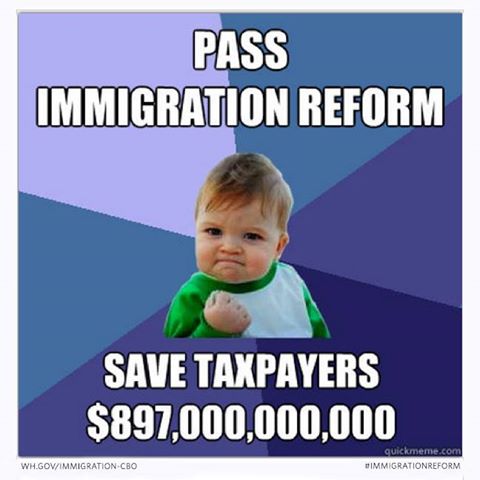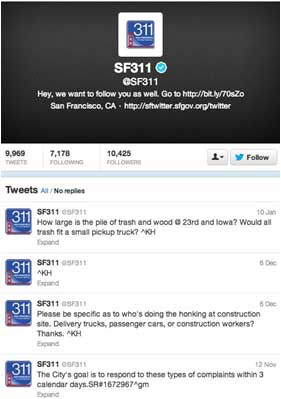5 Innovative Ways the Government is Using Social Media


In our increasingly technological society, most people rely on social media, rather than the traditional news outlets like television and newspapers, to stay informed about the world around them. In response to the prevailing social media hype, the government has expanded its presence in the cyber world. In addition to using social media sites like Twitter and Facebook to track public opinion, the government has applied social media to accomplish a few of its unique goals.
Here are 5 innovative ways the Government is using social media:
1. Detecting and Informing the public about natural disasters
According to a national survey conducted by Pew Research Center between November 14 and December 9, 2012, 67% of Americans use social media. The evident popularity of social media has provided the government with a quick and efficient way to reach out to the public during times of disorder. For example, preceding an earthquake in 2011 that hit New York, residents of Washington DC who were already affected by the earthquake turned to Twitter to share news, information, and safety tips about the natural disaster. The tweets allowed New Yorker’s a brief moment to prepare for the upcoming event. Inspired by this event, the U.S. Geological Survey is now working to create a Twitter Earthquake Dispatch (TED).
2. The White House is creating memes
On popular web pages such as the White House Facebook and Twitter, memes have been used to present the Obama Administration’s agenda in a modern form. Memes allow the white house to reach out to younger audiences while exemplifying their appreciation for humor.
3. Conserving taxpayer’s money
Recently the White House created a competition that allows federal employees to submit their ideas on how to conserve government spending to a website called SAVE. This site includes various proposals that would benefit taxpayers and allows people to vote on the best idea. Increasing engagement among federal employees not only creates a sense of shared responsibility, but showcasing it online grants citizens the opportunity to get involved.
4. Social Media on the local level
Many cities have implemented online 311 platforms where citizens can report problems in their neighborhoods, such as street defects, graffiti, and sewer issues. What used to be discussed in town hall meetings has now moved online, providing even the busiest citizens the chance to share their input on local issues. Some of the cities involved are even in the process of creating 311 services through social media. The local government of San Francisco, for example, has already designed 311 Twitter and Facebook pages.
 5. Providing aid to soldier’s in need
5. Providing aid to soldier’s in need
After returning home from combat, many soldiers have developed post-traumatic stress disorder and other war related problems. Currently the military is rendering social media to inform the public about the common consequences of war. The Real Warriors campaign, launched by the Defense Centers of Excellence for Psychological Health and Traumatic Brain Injury, utilizes Twitter, Facebook, Youtube, and online chats with soldiers to provide aid to soldiers in need.



